Description
Gandharaj Gardenia Yellow (Gardenia jasminoides)
Gardenia jasminoides, commonly known as common gandhraj gardenia (yellow) or Cape jasmine, is native to eastern Asia, specifically China.They introduced this beautiful plant to Europe in the 18th century, and it quickly gained popularity in the Western world due to its elegant and sweet-smelling blooms. Horticulturists then took on the task of developing different cultivars with improved characteristics, such as larger flowers and extended bloom periods.
Today, this captivating plant is widely cultivated across the globe, both indoors and outdoors in gardens, parks, and landscapes. Due to its enchanting fragrance and attractive appearance, Gardenia jasminoides has become a favored choice for flower arrangements and perfumes.
Features of Gandharaj Gardenia (Yellow) :-
Today, people widely cultivate it around the world, both indoors and outdoors in gardens, parks, and landscapes, and it has become a preferred choice for flower arrangements and perfumes.
Additionally, it thrives in well-draining, acidic soil with good organic matter, requires bright, indirect sunlight, and benefits from regular pruning after flowering to shape and encourage new growth.
Moreover, it is essential to maintain consistent soil moisture without overwatering and ensure high humidity levels for its optimal growth.
Lastly, it’s crucial to keep a watchful eye out for common issues like aphids, whiteflies, yellowing leaves, and bud drop, and address them promptly to ensure the plant’s health and vitality.
Care of Cape Jasmine:-
- To ensure proper growth, plant it in well-draining, acidic soil enriched with good organic matter.
- For optimal growth, position it in a location with bright, indirect sunlight.
- Ensure that the soil remains consistently moist but avoid overwatering
- Sustain elevated humidity levels around the plant.
- On a regular basis, apply a balanced, acid-loving fertilizer.
- After the flowering period, prune it to shape the plant and promote new growth.
- Protect from frost and cold temperatures.
- Keep an eye out for pests like aphids and whiteflies; if necessary, treat them.
- Continuously monitor for signs of yellowing leaves, which may be indicative of nutrient deficiencies.


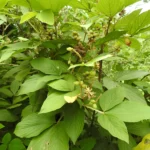
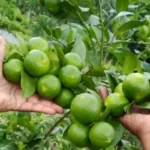
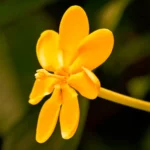
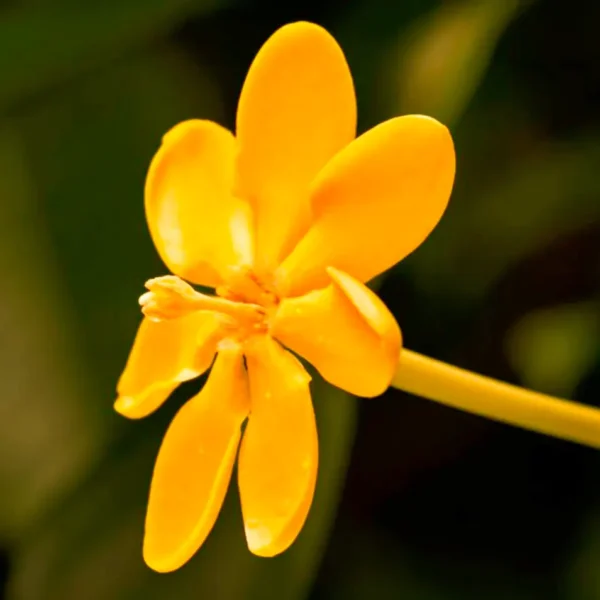
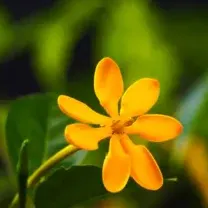
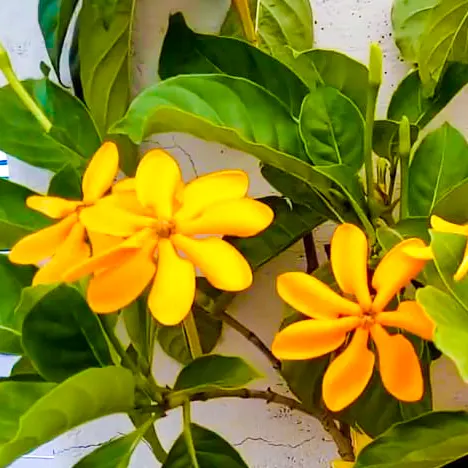
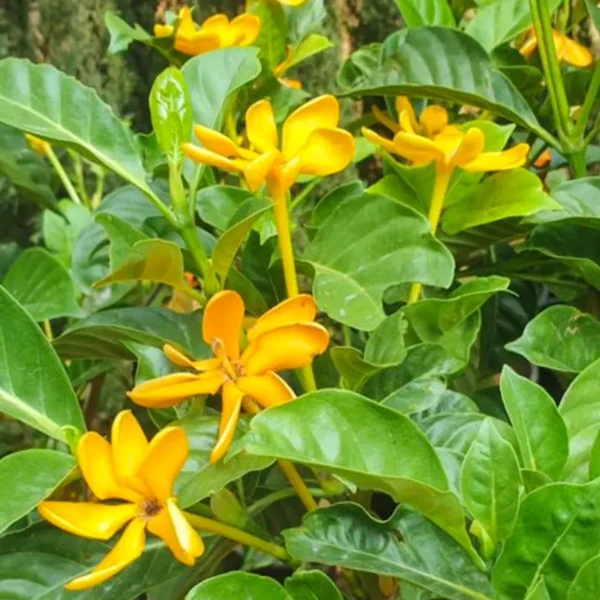
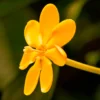


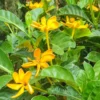
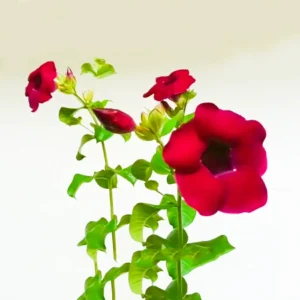
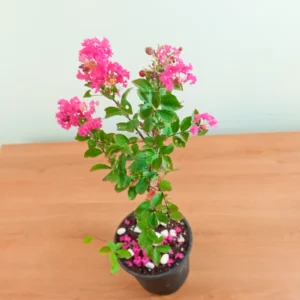
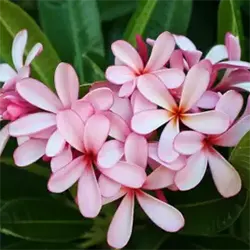

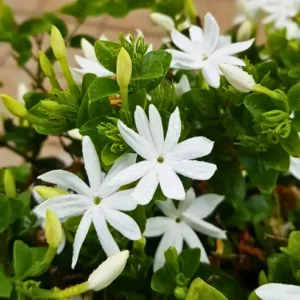

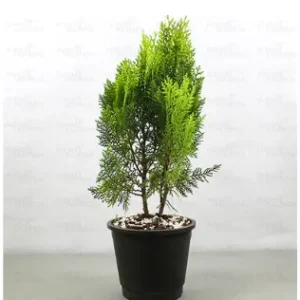
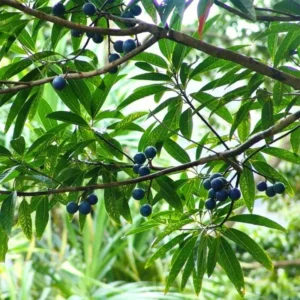
Reviews
There are no reviews yet.